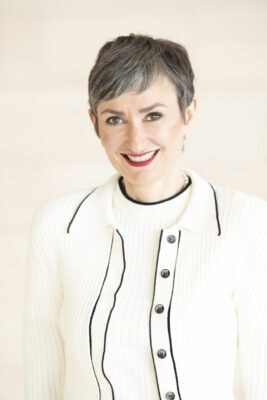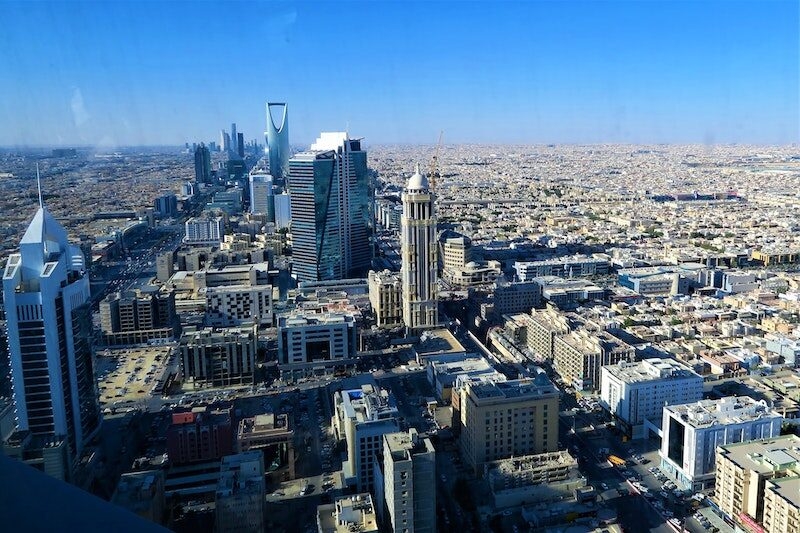When a country goes live with their Open Banking regime, it is easy to compare and contrast with implementations that have gone before.
Yet, each approach to Open Banking, or the Consumer Data Right, is infused with a country’s culture and long-term vision.
This can certainly be said of Saudi Arabia. The Saudi Central Bank (SAMA) issued an Open Banking Framework in November 2022.
The first version of Open Banking services provided by banks and fintechs in the Kingdom are required to focus on account information services (AIS), while the second version of those services will focus on payment initiation services (PIS).
At the time, the Kingdom’s central bank – formerly the Saudi Arabian Monetary Authority – confirmed it is keeping track of banks and fintechs to ensure they are ready to launch Open Banking services within the first quarter of 2023.
So far, Saudi Arabia appears to have taken an approach that mirrors the UK’s Open Banking implementation.
But dig a bit deeper, and it is clear the Kingdom of Saudi Arabia is making Open Banking its own.
From the UK to KSA
“The smart approach SAMA has taken is to look at how Open Banking is being developed around the world, and to draw on best practices and learn lessons from what regulators in other markets have implemented,” explains Dr Louise Beaumont, SVP Global Open Banking and Open Finance Industry and Policy Engagement at Mastercard.

Mastercard’s Louise Beaumont
“As part of this work, they considered the British version of Open Banking, felt it was a good starting point and adapted it to suit the Kingdom and its economy.”
Nino Ocampo, chief product officer at Tarabut Gateway, says what is interesting is that Open Banking in Saudi has been driven centrally by SAMA.
“Initially, while the central bank was developing its own standard, the instruction to the banks was [to] use the UK standard first, [and] build against it,” he says.
“What’s great about SAMA and what they’ve done is they really took the time to look at what happened in other regions. They were unequivocal in their instruction to banks, that ‘you must comply’. But they were also able to generate some excitement and interest from banks from a commercial perspective.”
Salt Edge’s chief growth officer Alina Beleuta agrees that SAMA “acts very strongly as a regulator… in terms of ‘these are the standards, this is what’s expected’.”
Getting buy-in from banks
Both Ocampo and Beleuta agree there is an air of excitement and anticipation about Open Banking in Saudi Arabia. In part, this is because, as Ocampo pointed out, SAMA is generating commercial interest among banks.
Mastercard’s Beaumont explains: “If we want Open Banking, and then Open Finance, to succeed, we need market incentives that make sense for all the players in the ecosystem.
“Every player – data providers, data aggregators and intermediaries, data recipients – need to see the commercial upside in order to look forward to and enjoy participation.”
She adds: “And we need enthusiastic participation from all types of players in order to deliver positive outcomes for end users, providing the opportunity for consumers and businesses to benefit from new and improved products and services.”
Where Saudi differs from the UK in its approach is in the provision of use cases from early in the implementation of Open Banking.

Nino Ocampo of Tarabut Gateway
Beleuta says: “SAMA, from the beginning when they released the Framework, they released a series of Open Banking use cases that are approved.
“I think it’s an approach to direct the market on ‘this is what you could do’, to avoid this confusion in the beginning. At the later stages, you will see creativity and they will let the demand drive the interest.”
Tarabut Gateway’s Ocampo cites the regulator’s ambition in its use cases for Open Banking.
He adds: “I remember going to a number of Open Banking events in the UK and I felt like it was Groundhog Day every year, when people were still asking, ‘what are the use cases?’”
Like many countries that are only just implementing Open Banking – or those like Canada intending to do so this year – Saudi’s Central Bank has had the benefit of hindsight and lessons learned from other jurisdictions.
“But they’ve definitely got the banks talking about the commercial benefit. A lot of the banks are looking at financial literacy and money management as the first opportunity – and there’s definitely interest in lending,” adds Ocampo.
“Another thing to consider is the average consumer in Saudi has two or three bank accounts with different banks,” points out Beleuta.
“So, this means that Open Banking is truly valuable for them. They just need this feature, to see everything in one place.”
Turning ‘Vision’ into reality
The backdrop to Open Banking in Saudi Arabia is Saudi Vision 2030 – a national agenda that has several targets in its sights.
According to the fourth Fintech Saudi Annual Report, on 24 May 2022, the Kingdom’s Fintech Strategy, a new pillar in the Saudi Vision 2030 Financial Sector Development Program (FSDP), was approved by ministers.
As part of the Fintech Strategy, Riyadh will become a global tech hub.
The strategy also seeks to increase the number of fintechs operating in the Kingdom to 525 by 2030, creating 18,000 fintech jobs.
Beaumont explains: “Vision 2030 embodies the Kingdom’s ambition; it includes a Financial Sector Development Programme, which consists of developing an effective financial sector to support the economy, diversify sources of income and stimulate saving, finance and investment. Supporting this is an expanding universe of fintechs that are building new tools to help banks, businesses and consumers benefit from Open Banking.
“All that innovation is creating a new engine for expansion, helping financial companies grow their businesses and extending services to more people around the world. Mastercard has been there from the beginning, helping this ecosystem grow.”
As Beaumont says: “The question remains: how can we use Open Banking to stimulate the influx of innovation? Open Banking encourages regional and global players to invest in the local market and encourage local innovation.”

Salt Edge’s Alina Beleuta
At the moment, Beleuta says that local banks in Saudi – of which there are around 13 – face a challenge when it comes to sourcing talent to fill Open Banking roles.
“Open Banking in Saudi is extremely new and it requires a lot of time for onboarding, for understanding not only the technicality but the business view on it, and this is a struggle for the local banks,” she explains.
“It’s also an opportunity for people in other countries, like Europe and the UK, to share their experience with the banks here.
“This is what the banks are doing actually – they are targeting both local talent and international talent to develop some frameworks and understanding of the business side, like how do you monetise it? What kind of use cases will be relevant for their clients, for their products?”
Remaining deadlines
So far, SAMA is progressing Open Banking at some speed.
“March 31st is the date when all of the banks have to be live with their APIs following the Saudi-specific spec,” says Ocampo.
“In the UK, there were teething issues to start. I think that there will be some timeframe for the APIs to stabilise.”
However, the next step is payments in Saudi Arabia.
“SAMA has yet to release the regulations around payment initiation. Our expectation is it will be near the end of the first half of this year, around June,” adds Ocampo.
“I think there’s a lot to be excited about. We’ll know before the end of June what is the state of the ecosystem.”
Beleuta says: “For me, an assessment of when the ecosystem will be ready to really deliver and scale use cases will be Q3 or Q4 of this year.”
She adds: “What is very specific about the Saudi culture is that failure is not an option. So, they will put all the effort that is needed to deliver [Open Banking] – this is why it’s very driven by all the parties.”










